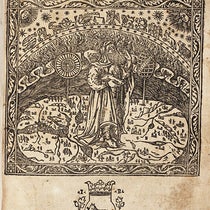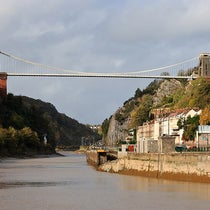Scientist of the Day - Kublai Khan
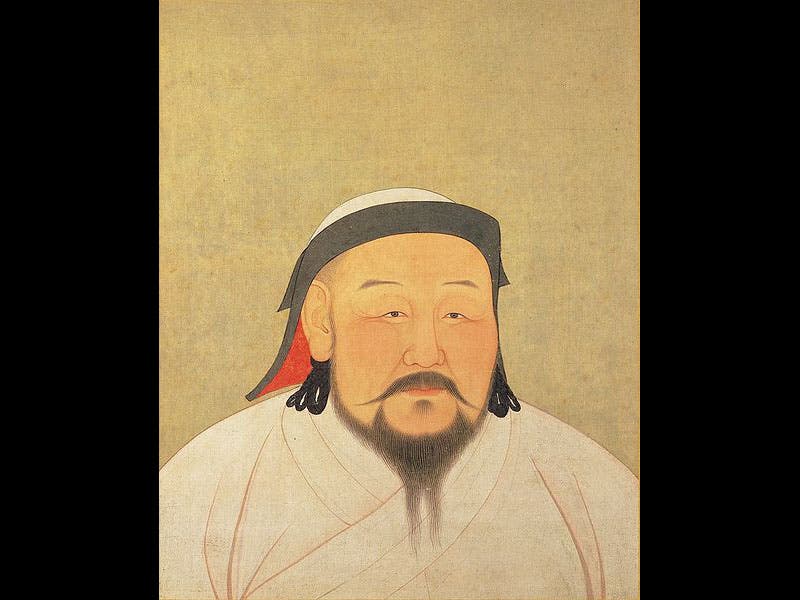
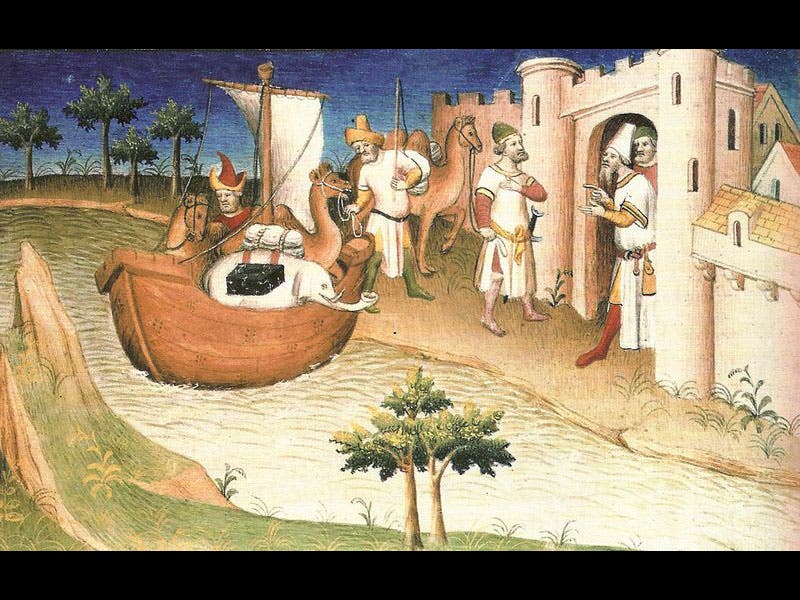
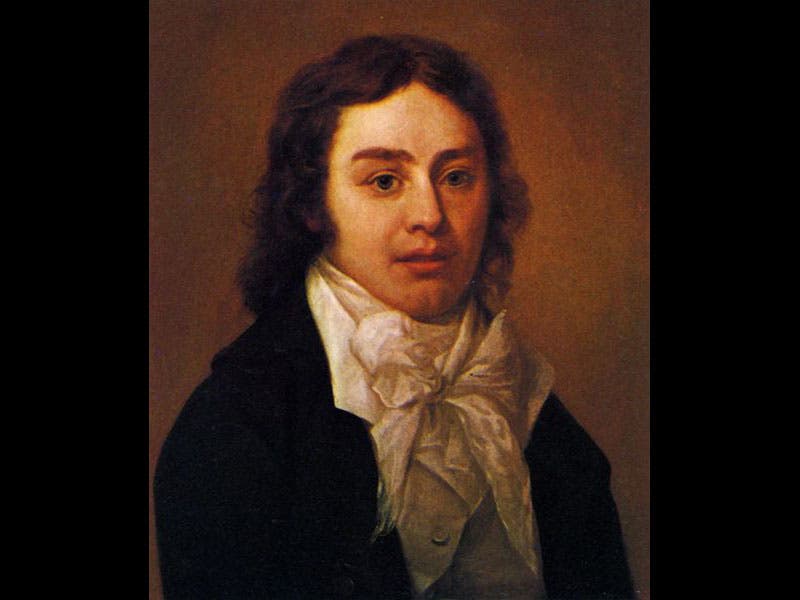
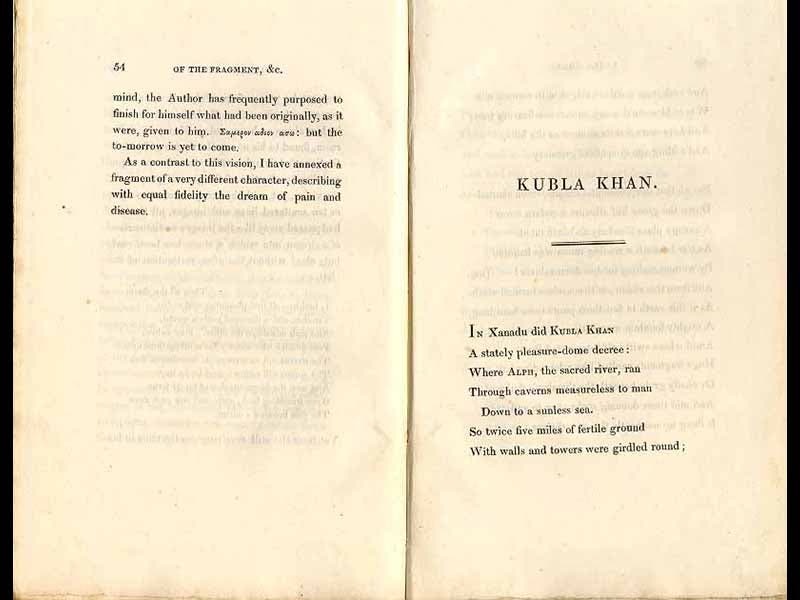
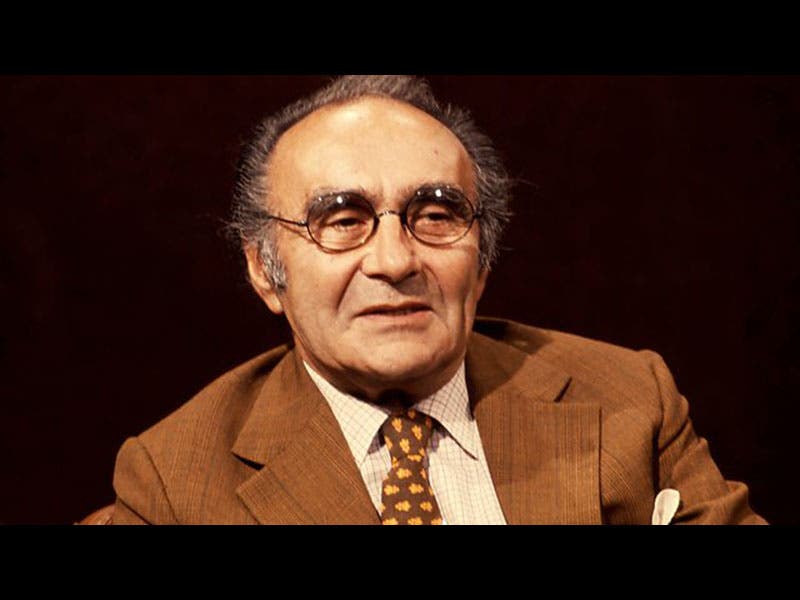
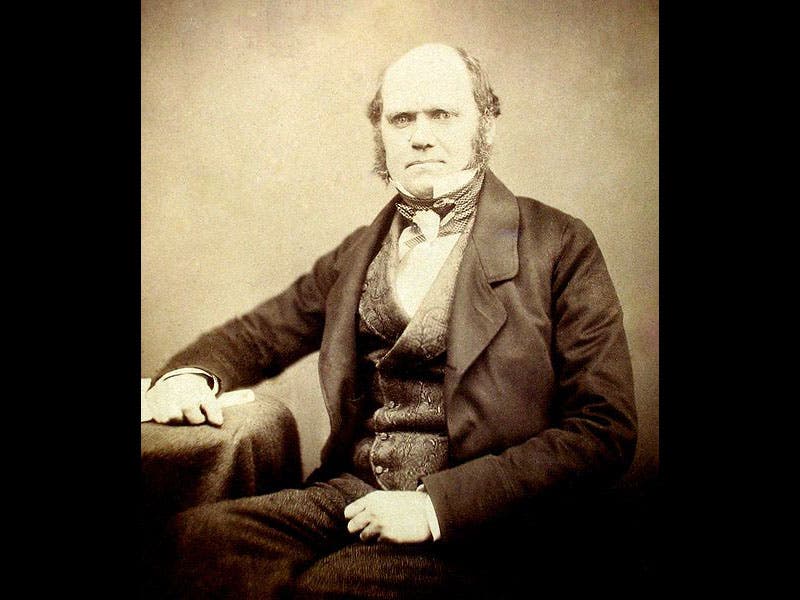
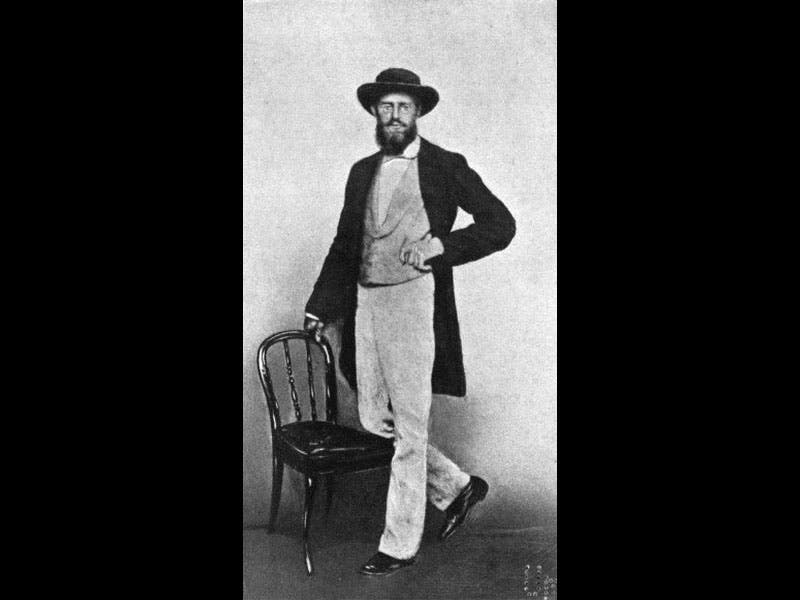
Kublai Khan, the grandson of Genghis Khan, was crowned Khagan of the Mongol empire on May 5, 1260 (see first image above). Kublai proceeded to conquer China, becoming Emperor in 1271 (thereby founding the Yuan dynasty), and he decided to build a new capital at Chandu (Xanadu), northwest of Beijing. Marco Polo visited the Khan at Xanadu in 1276 and left a glowing account of its splendor when he wrote down his travels 20 years later (second image). Samuel Purchas, an English geographer, borrowed from Marco's account for his collection of travels, Purchas his Pilgrimmage (1614), and gave an equally graphic description of the luxurious court. In 1797, Samuel Taylor Coleridge (third image) was reading the passage about Xanadu in Purchas when he fell into an opium-induced sleep, during which he dreamed a poem some hundreds of lines long, which he recalled completely upon waking. Coleridge immediately began writing it down, starting with: "In Xanadu did Kubla Khan a stately .pleasure dome decree, where Alph the sacred river run, through caverns measureless to man, down to a sunless sea." He managed some 54 lines before he was interrupted (a knock on the door?) by "a man from Porlock," presumably seeking directions. When the man had left, the remaining lines from Coleridge’s dream had vanished. As a result, the poem Kubla Khan (finally published in 1816; fourth image above) is a fragment of a presumably greater work, and "a man from Porlock" has come to represent someone who intrudes and causes a fatal interruption to a task.
In 1971, the philosopher of science Jacob Bronowski (fifth image) was at Down House in England, filming a segment about Charles Darwin (sixth image) and Alfred Russel Wallace (last image) for Part 9 of his superb documentary on the history of science, The Ascent of Man (1973). Bronowski pointed out that Darwin had discovered natural selection by 1838 but seemed to be in no hurry to publish it. It was not until 1858 that Darwin had his own "knock on the door," in the form of a letter from Wallace, who had written from Ternate in the Malay Archipelago. Enclosed with the letter was a manuscript that described succinctly but precisely the process of evolution by natural selection. When Darwin had recovered from the shock, and had published Wallace’s paper along with a short paper of his own, Darwin immediately set to writing the book that became the Origin of Species, which was published late the next year. Since Wallace's intrusion had goaded Darwin into action rather than breaking his train of thought, Bronowski called Wallace "a sort of man from Porlock in reverse,” a wonderful allusion that, since it was unexplained, could easily be missed. And that is why Kublai Khan is being honored by a scientific anniversary. He reminds us all of the twisted wandering thread that constitutes historical process.
Dr. William B. Ashworth, Jr., Consultant for the History of Science, Linda Hall Library and Associate Professor, Department of History, University of Missouri-Kansas City

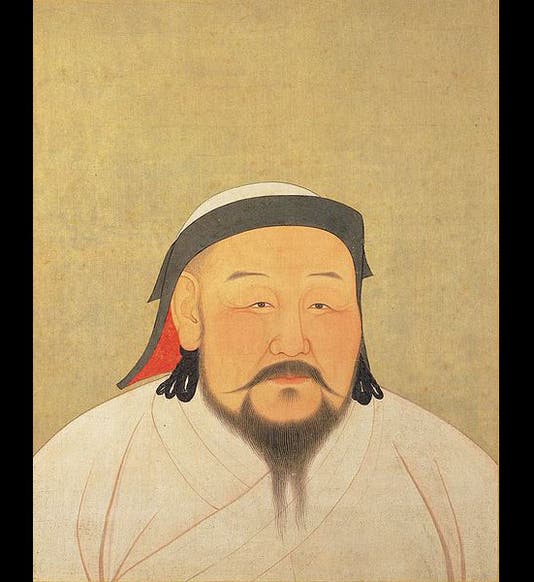
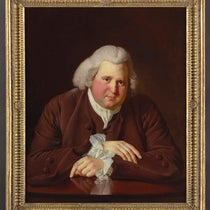
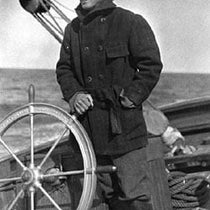
![Using an astrolabe to measure the depth of a well, woodcut in Elucidatio fabricae vsusq[ue] astrolabii, by Johannes Stöffler, 1513 (Linda Hall Library)](https://assets-us-01.kc-usercontent.com:443/9dd25524-761a-000d-d79f-86a5086d4774/a998eb50-55d2-4a88-ace2-a50aa5fa86e7/Stoffler%201.jpg?w=210&h=210&auto=format&fit=crop)
